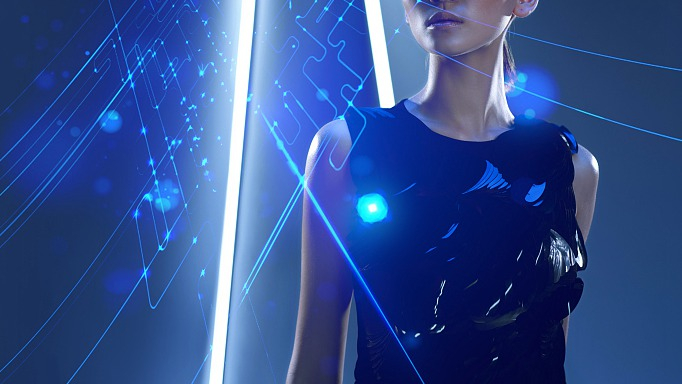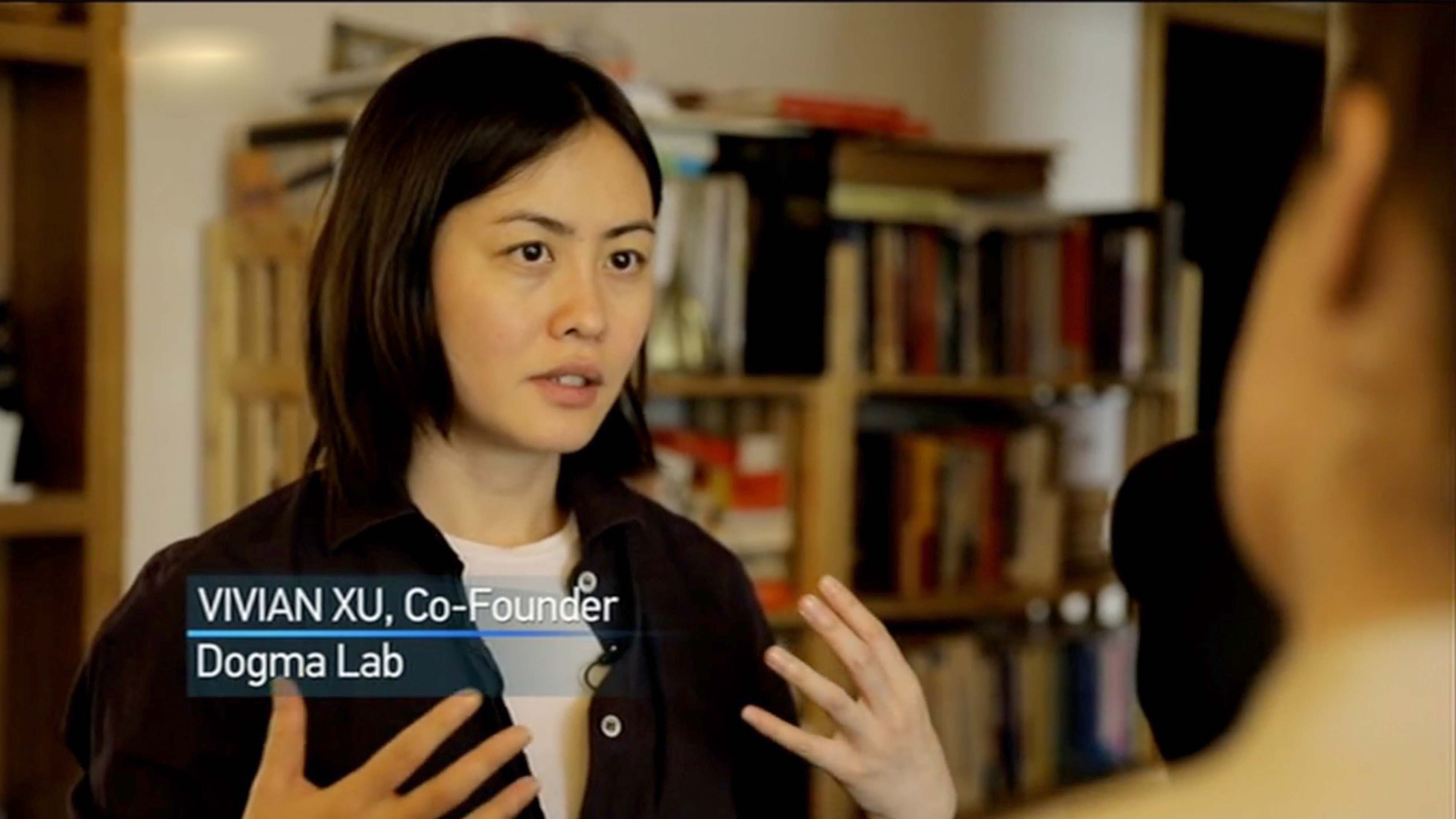
Technology
16:34, 14-Feb-2019
Touch, taste, technology: A new way to experience the world?
Updated
18:03, 14-Feb-2019
By Laura Schmitt, Cao Xi

Automation, job loss, disconnection, threat – there is endless discussion about the dangers of technology and how the latest developments might turn our current society on its head.
Today, technology is omnipresent, especially in China. The country ranks second globally in terms of the time young people spend on a mobile phone. They are glued to their screens for almost four hours a day. Now, as the first robots are being made to look like humans, how will our relationship with technology evolve?
One person looking at this relationship is Vivian Xu. The Chinese artist is one of the co-founders of Dogma Lab, a company that incorporates technology and science into works of art. One of Vivian's projects is the electric skin, a type of clothing designed to pick up on electromagnetic signals in the environment.
02:16

"We live in an environment that is constantly changing," Vivian said, "and as animals ourselves we should be adapting to the environment. That has changed drastically in the past 100 years, but we've actually biologically not adapted fast enough to catch up with that environment change, and so that's where this idea came from."
Vivian's idea is that her wearable technology pieces can enable people to experience their surroundings in an alternative way. She sees the suit as an extension of the existing five senses we already possess: hearing, smell, taste, touch and sight. The suit is designed to pick up on electromagnetic currents in the air – for example, radio waves or microwaves – and then to vibrate in reaction.
While this is mainly an art project, there could be practical applications. Remember that scene in "Ready Player One" where the main character can physically feel the touch of a virtual avatar by wearing his special gaming suit? Vivian's electric skin could potentially achieve that, one day.
Vivian is keen to embrace technology in her art, calling herself an "optimist with technology."
"For a really long time humans have been quite homocentric," she said. "To me what's more interesting, maybe, is the non-humanistic view of what things are, that can provide a sort of alien perspective and that might be scary to some people but also it might be very exciting."
Vivian acknowledges that some people are fearful that technology is changing what we are and how we see ourselves as human beings. However, she doesn't see it as a bad thing. As an avowed technophile, she says: "Maybe it's time to sort of redefine what humanity is."
(Cover via VCG)

SITEMAP
Copyright © 2018 CGTN. Beijing ICP prepared NO.16065310-3
Copyright © 2018 CGTN. Beijing ICP prepared NO.16065310-3